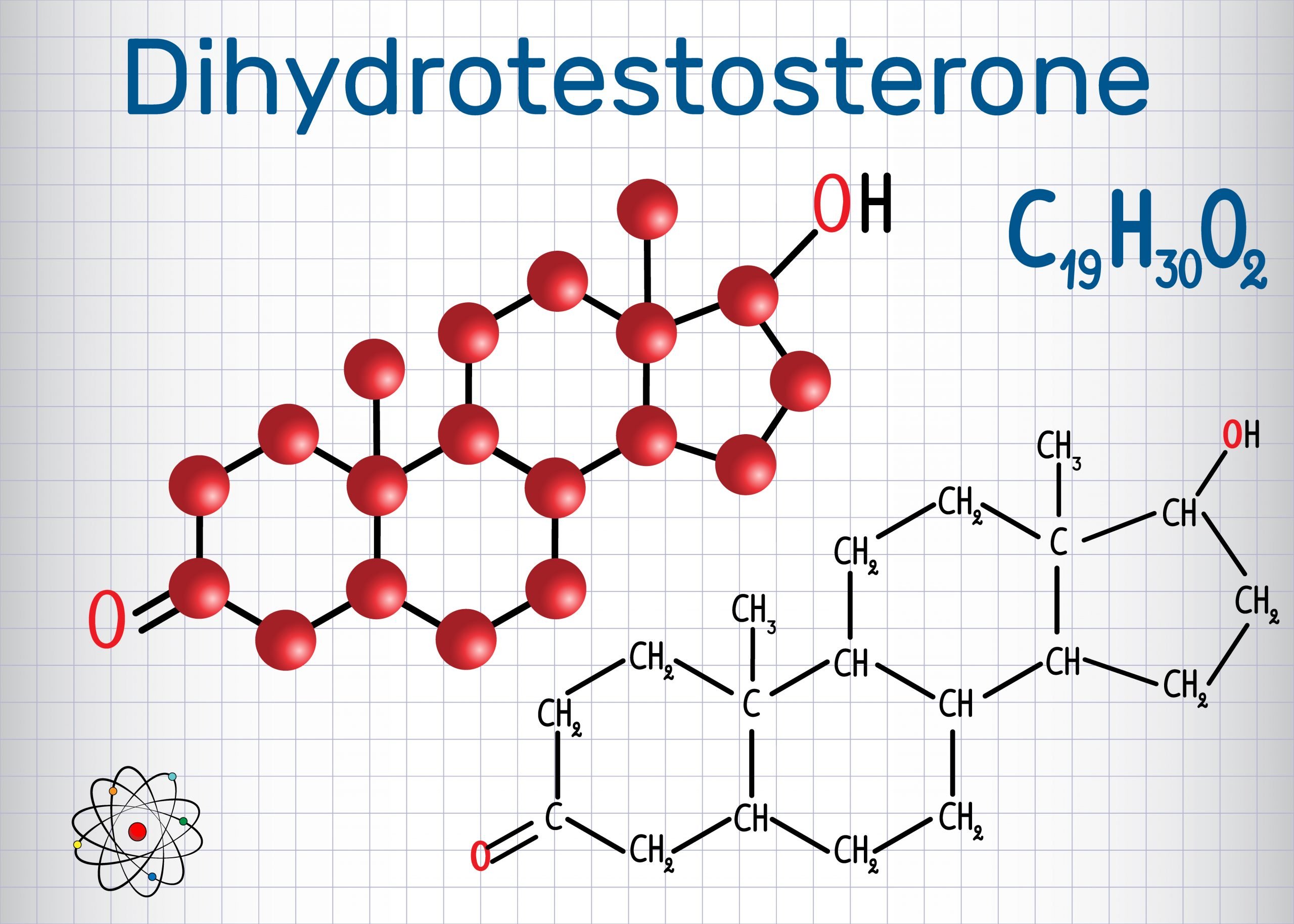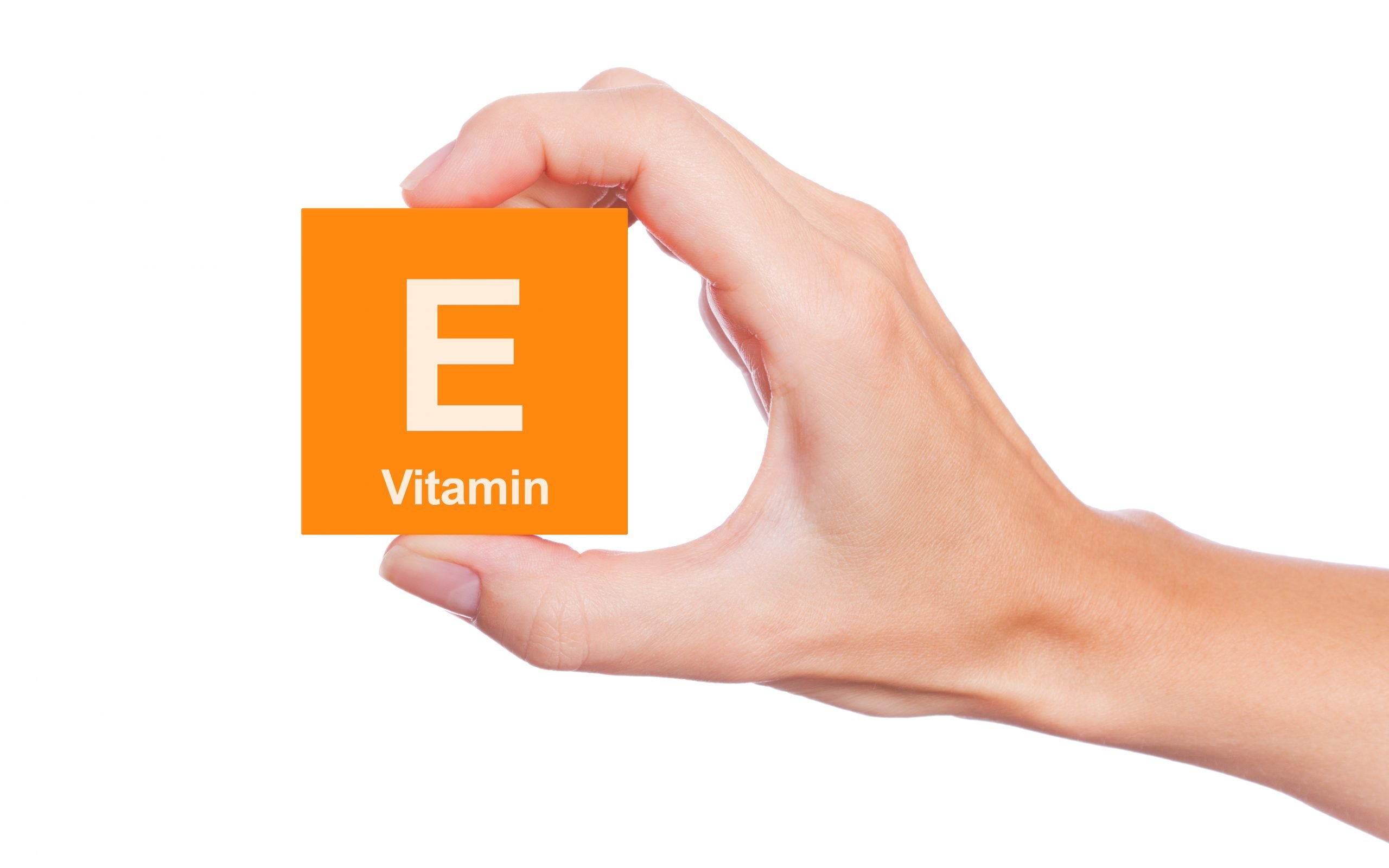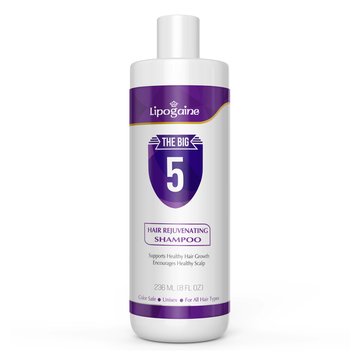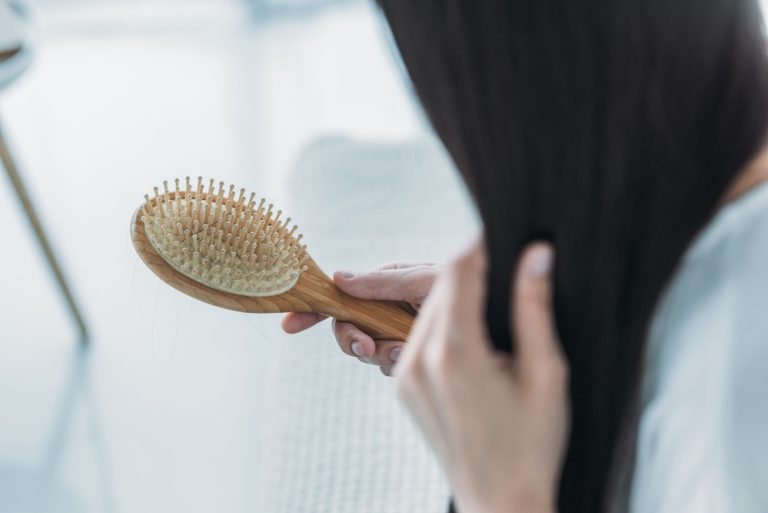
Page Contents
What is Biotin? It’s a water-soluble vitamin that is in the vitamin B family, although it is also commonly known as vitamin H. Everyone’s bodies require biotin as it helps convert some nutrients into energy. It is also important in the health of your skin, nails, and you guessed it – hair!
If your body isn’t getting enough biotin, you might experience hair loss. But don’t worry, a deficiency in biotin is rate, and most people do get enough from their diet. Even if you have enough, increasing your intake of it can help improve hair loss and boost hair growth!
Recommended by Doctors
If you’ve visited your doctor or dermatologist lately, they’ve likely recommended this vitamin for hair loss. Although there aren’t enough studies that show its benefits, they recommend it because it works!
Dermatologists have seen biotin be instrumental for hair disorders, improving growth and fighting inflammation. The hair follicle, as well as your skin and nails, will all see improvement when you add extra biotin do your daily vitamins.
One interesting fact is in the only two studies that have been done on biotin, they’ve all been carried out on women. While they show that it can help thinning hair and improve growth, the results may vary for men. So for men who are experiencing male pattern baldness, due to DHT, you likely will not see a large benefit from biotin, unless you are deficient.
However, it doesn’t normally hurt to try. Be sure to check out our list of the best Biotins for hair loss.
Taking as a Supplement
If you are interested in adding biotin to your daily vitamin intake, there is a specific amount that you should take per day. That recommended dosage is between 30 and 100 mcg daily. If you are pregnant or breastfeeding, you might need a higher dose of biotin, but please consult your doctor.
In all cases, working with your doctor can help you find the right intake for your unique needs to provide the maximum benefit.
Eating Biotin-Rich Foods
If you prefer to up your biotin intake by adding into your daily diet, you can increase the amount of these foods:
- Egg yolks
- Nuts (almonds, walnuts, peanuts)
- Organ meat (liver or kidney)
- Mushrooms
- Cauliflower
- Soybeans and other legumes
- Bananas
- Whole grains
To get the most out of these foods, you will want to eat them in their raw form if possible, as heat can reduce the efficacy of biotin in the dishes. Also, each different food contains a different amount of biotin and nutritional value. Take some time to research these and determine which will provide you with the most biotin for your personal needs.
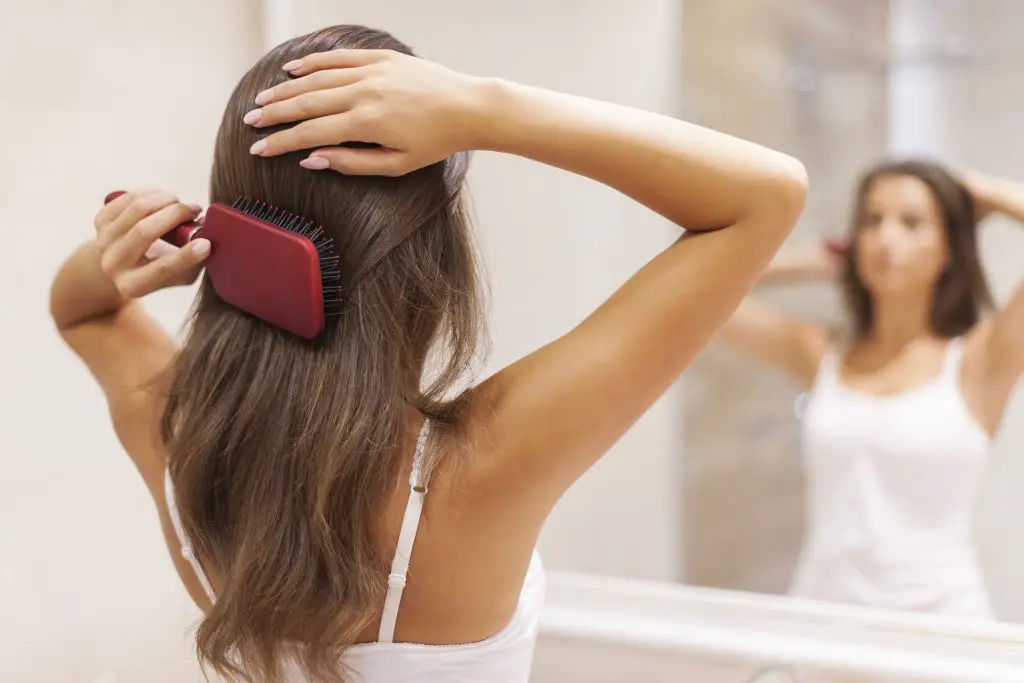
Are There Side Effects?
The good news is that biotin is not toxic, which means that there are no negative effects to your organs if you take this supplement. Most people can take biotin without any health problems, and it doesn’t traditionally have any nutrient interactions. However, if you are taking any prescription medications, it is worth a call to your doctor to make sure there will be no drug interactions.
One more thing to know about biotin. If you take a supplement, it needs to be taken orally as it is a water-soluble vitamin. Shampoos that have added biotin will not have any effect on the strength of your hair or improving hair growth. Steer clear from those ploys and stick to the proper way to get the benefits of biotin.
Not all hair growth solutions work well. Check out our list on the best 3 hair loss products and save yourself money, time, and best of all – hair!


